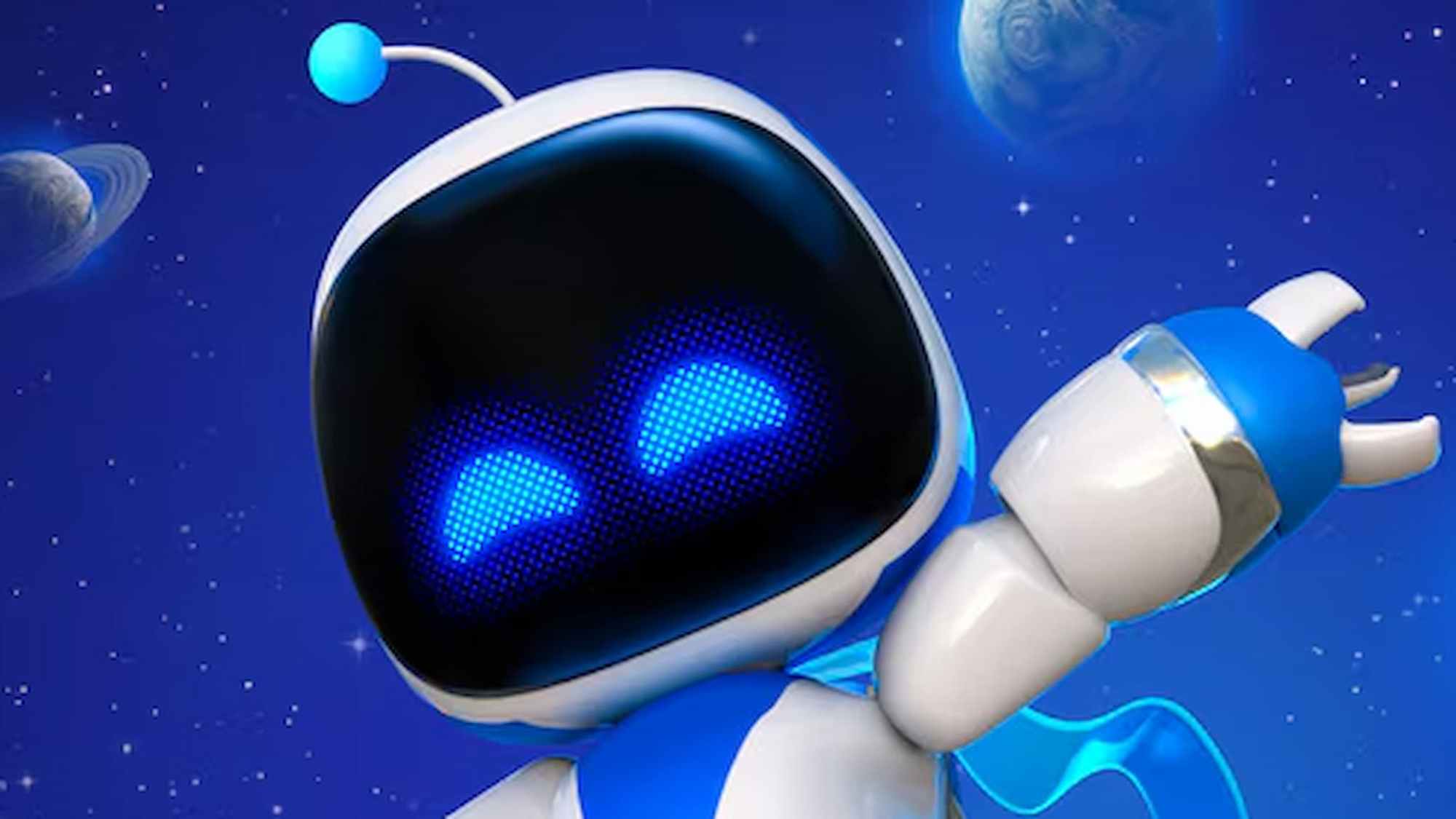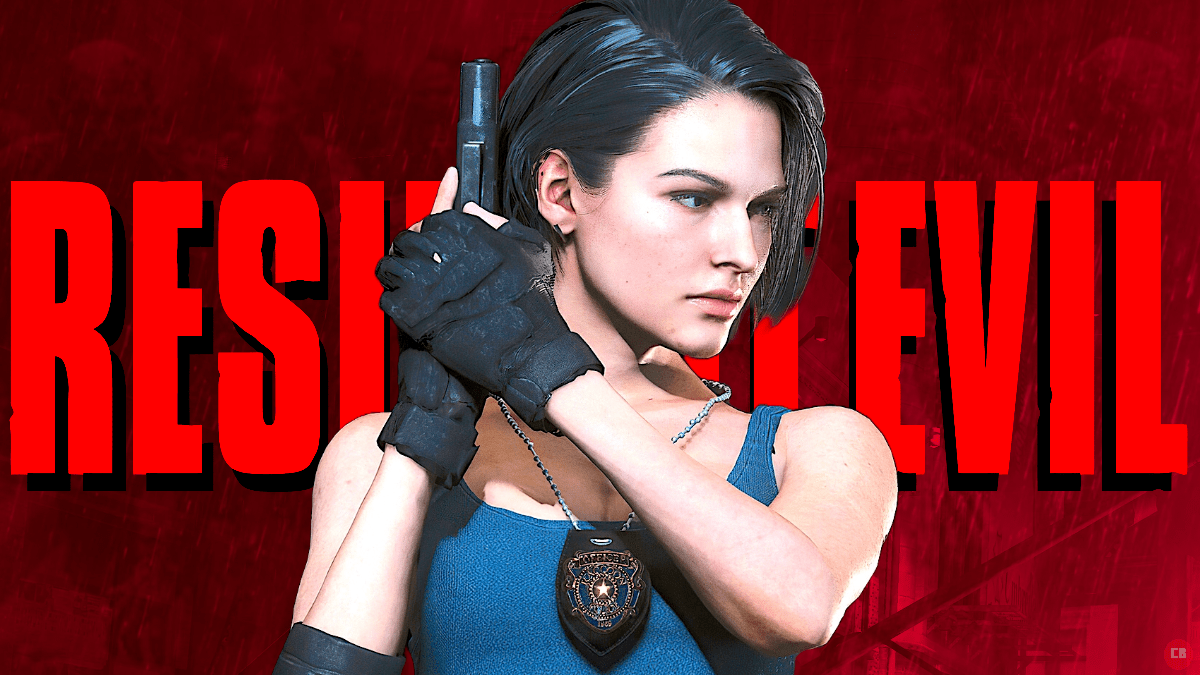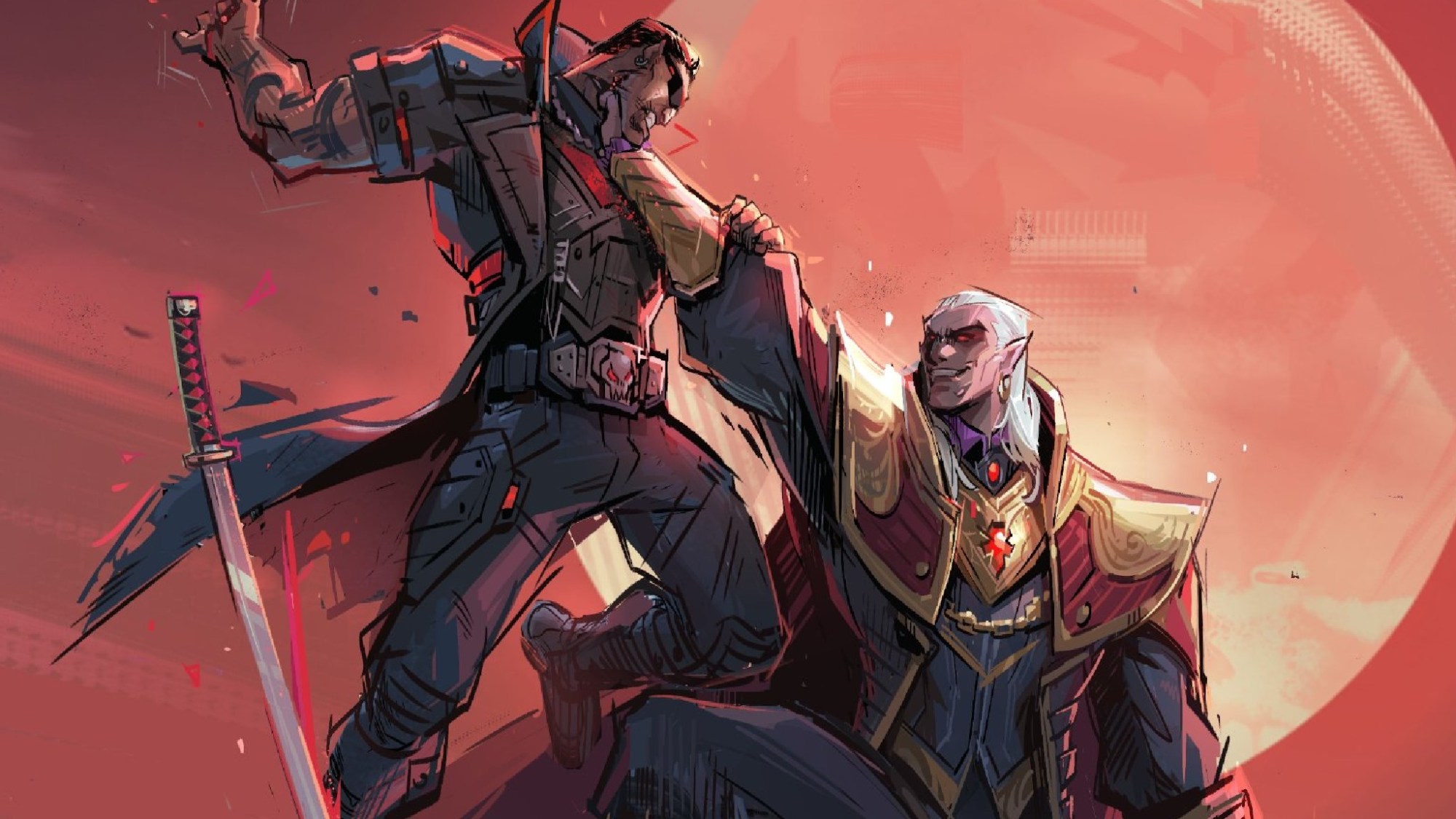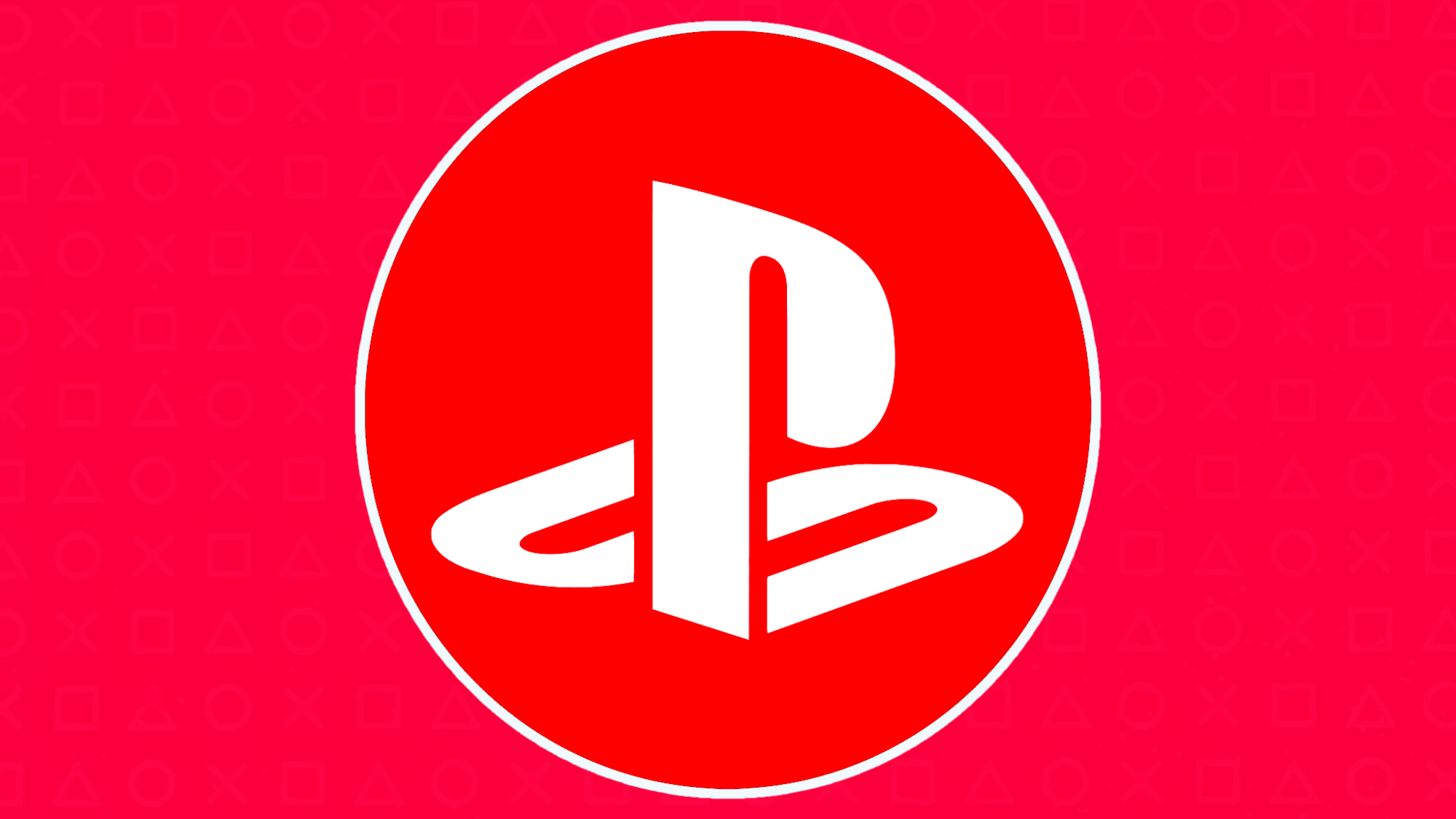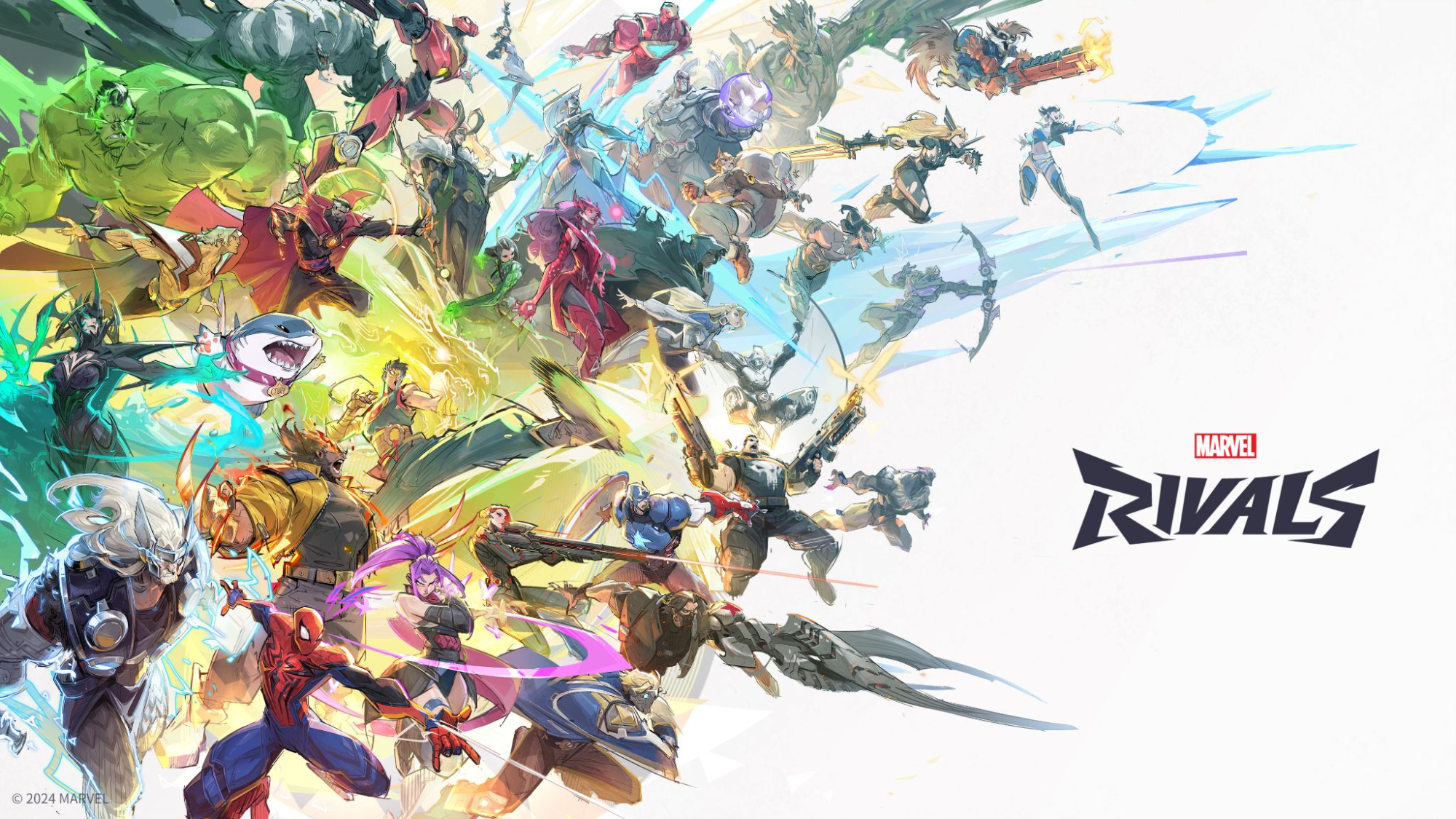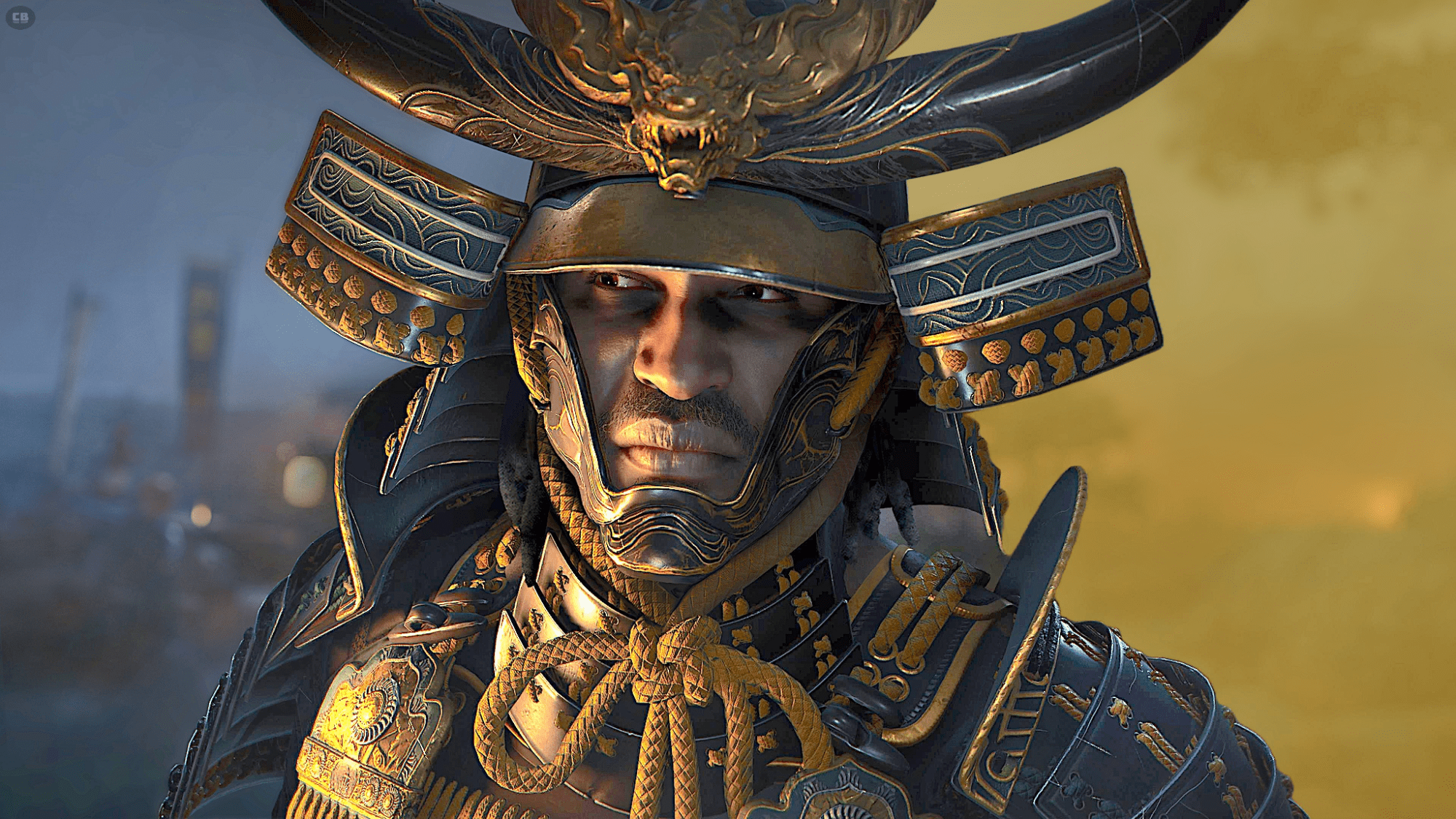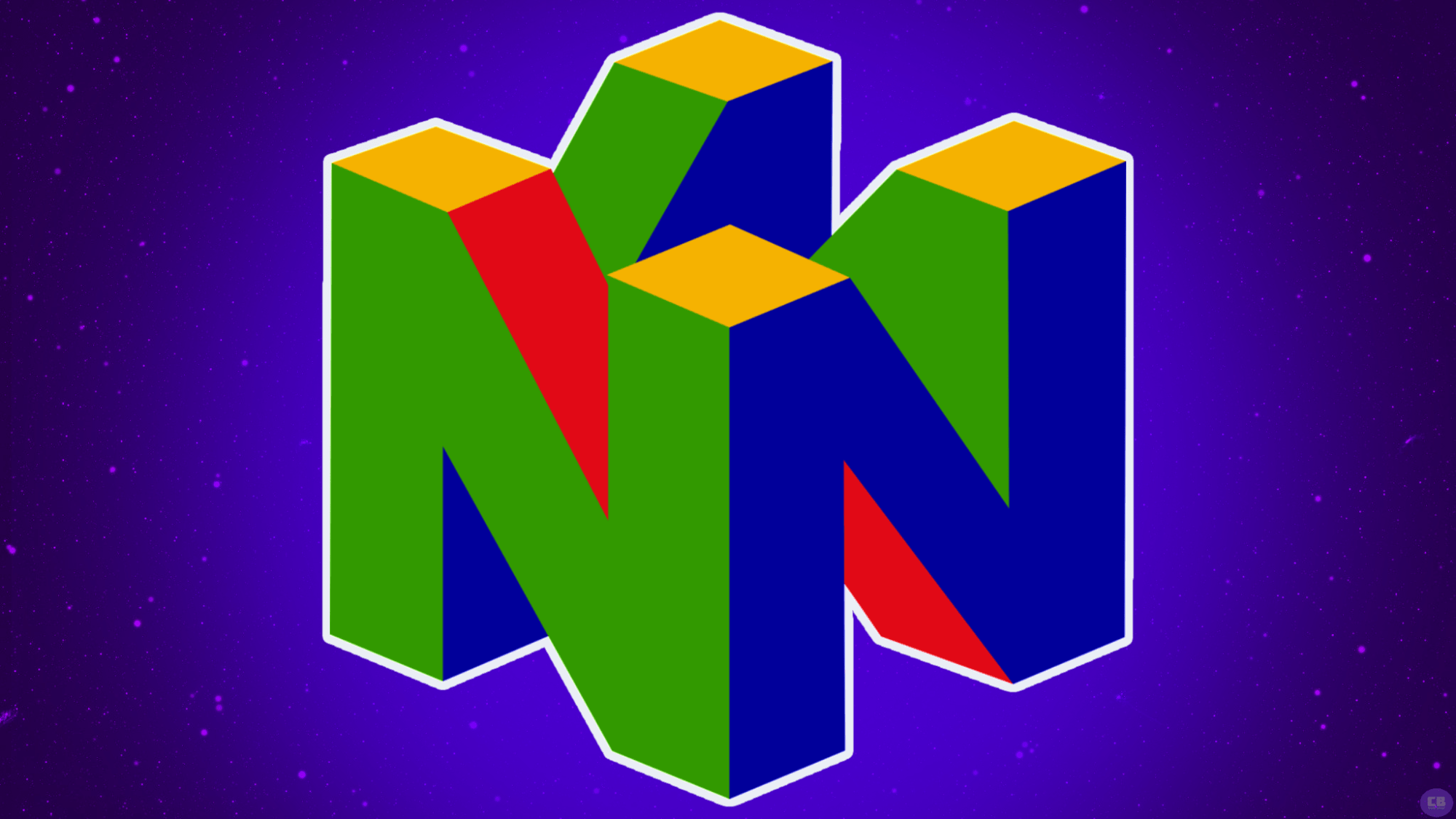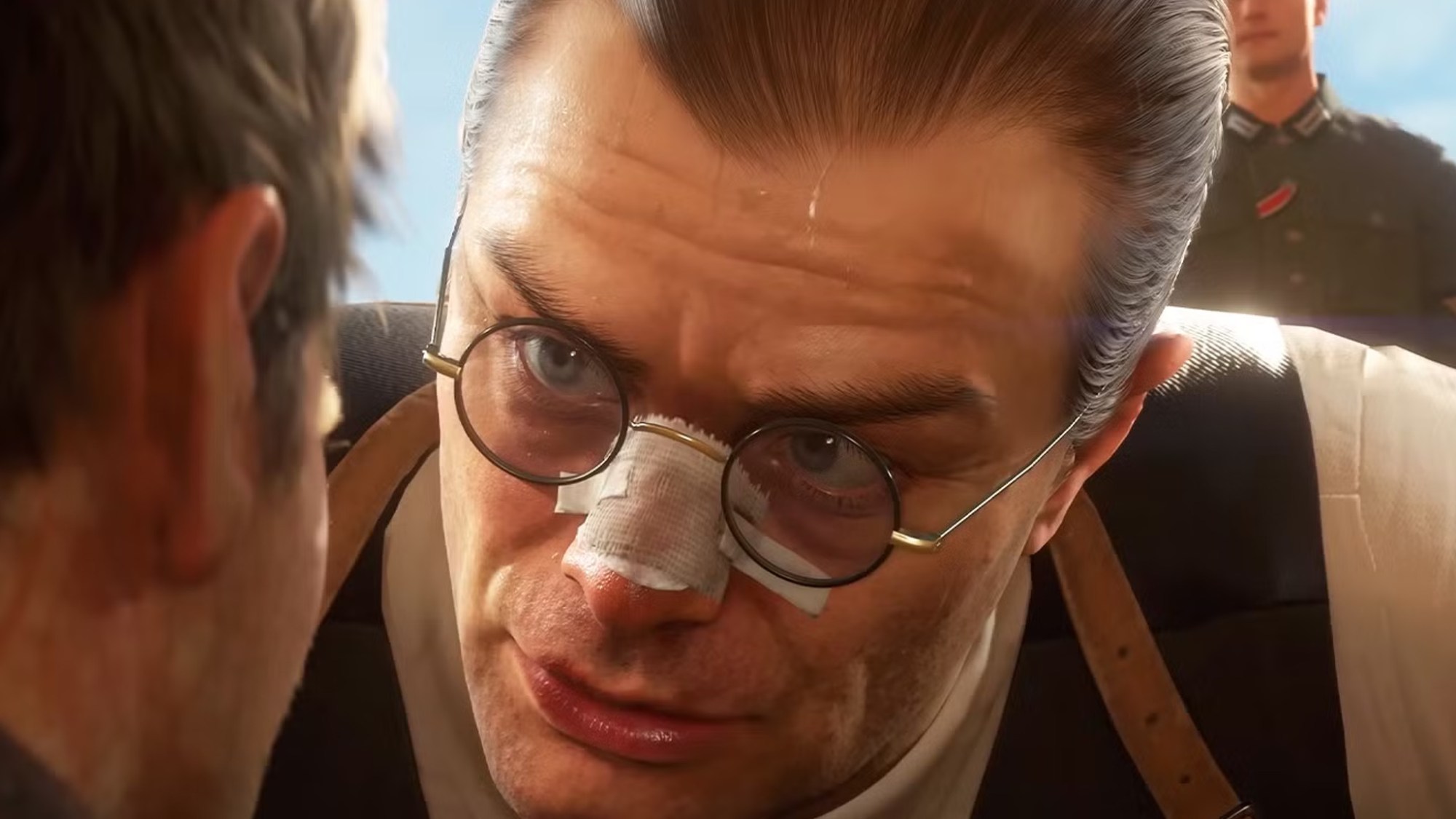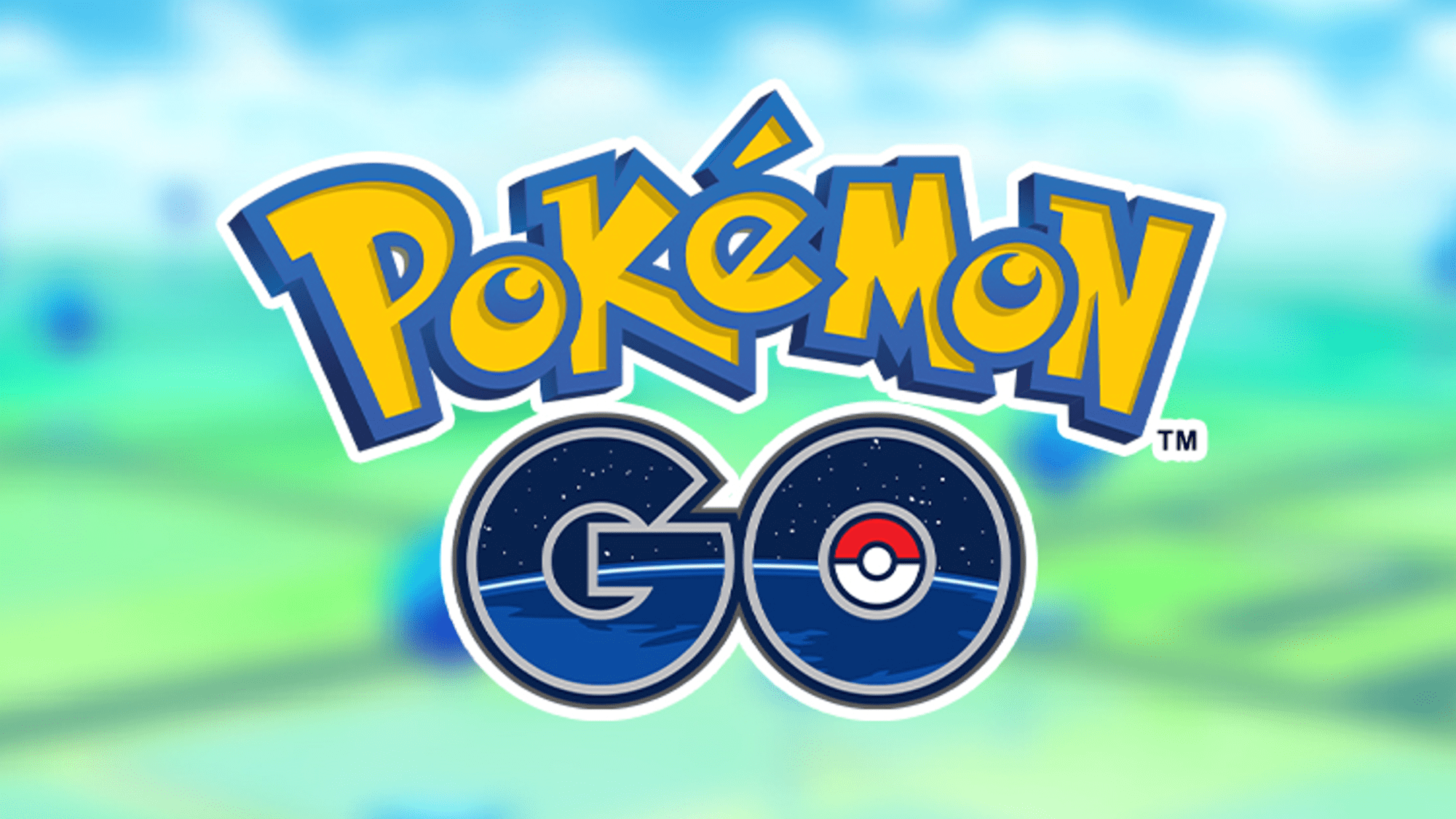My earliest gaming memory is playing Nintendo, sparking a lifelong love for platformers. From the Nintendo 64 onwards, both 2D and 3D platforming adventures have captivated me, a passion further fueled by countless Mario, Yoshi, Donkey Kong, and Kirby titles. Even venturing into less conventional territory like Hey! Pikmin on the 3DS couldn’t diminish my enthusiasm. However, a shift occurred. A single, non-Nintendo game reshaped my platforming perspective: PlayStation and Team Asobi’s Astro Bot.
This sentiment isn’t isolated. Astro Bot‘s victory at the 2024 Video Game Awards, against formidable competition like Final Fantasy VII: Rebirth, Metaphor: ReFantazio, Balatro, Elden Ring Shadow of the Erdtree, and Black Myth: Wukong, speaks volumes. Sony’s 3D platformer triumphed against a backdrop of exceptional titles.
My Astro Bot journey began with Astro Bot Rescue Mission and continued into Astro’s Playroom. While enjoying both, Astro’s Playroom cemented the series’ appeal, but it was Astro Bot that ultimately challenged Nintendo’s platforming dominance in my mind. My appreciation for Nintendo’s offerings remains, but their recent platforming endeavors feel increasingly safe.
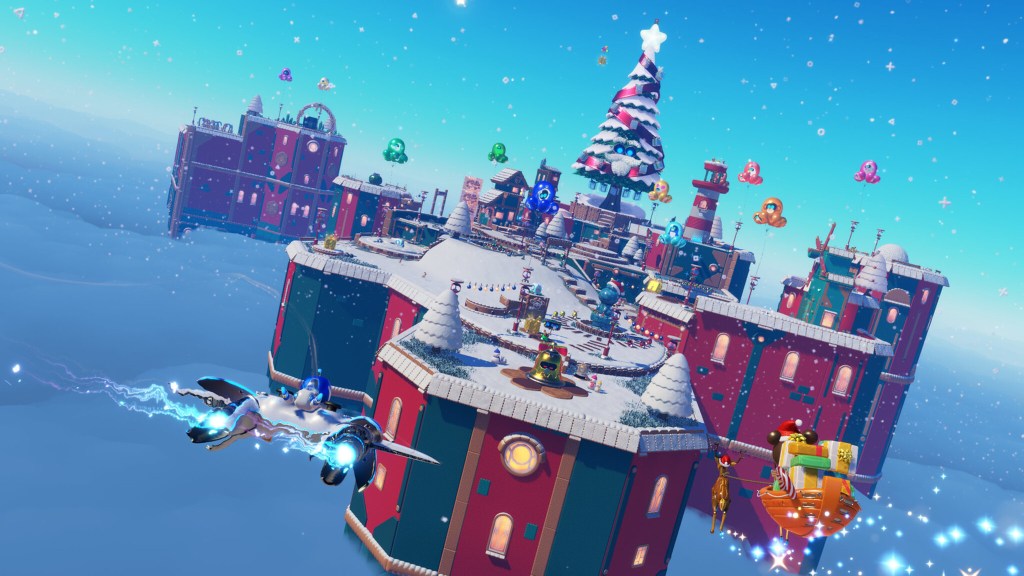 Astro Bot Winter Level
Astro Bot Winter Level
Astro Bot became an obsession. Even levels featuring less favored power-ups (monkey arms, I’m looking at you) couldn’t detract from the overall enjoyment. Each level, meticulously designed around a specific power-up, felt distinct. This contrasts with games like Super Mario Odyssey, where hat-throwing power acquisition, while similar, lacked the same level of integrated design.
The game’s allure propelled me to achieve my first platinum trophy, followed by a second playthrough and enthusiastic engagement with every DLC level and bot. I even competed with friends in speedrun levels, meticulously exploring each level for collectibles without guides, savoring every genuine moment.
Comparing Astro Bot to Super Mario Odyssey and even Super Mario Bros. Wonder highlighted a growing disconnect with Nintendo’s platformers. While both Mario titles earned Best Family Game accolades in their respective years (2017 and 2023), Astro Bot‘s sweep of Game of the Year, Best Game Direction, Best Action/Adventure Game, and Best Family Game, along with nominations for Best Art Direction, Best Score and Music, and Best Audio Design, underscored its exceptional quality.
Astro Bot‘s success resonated throughout the industry, demonstrating a robust market for platformers. Developers, known for drawing inspiration from each other, are likely to revitalize both 2D and 3D platforming genres. Astro Bot‘s influence has already elevated the visibility of other platformers, positioning the genre for a vibrant 2025.
In contrast, Super Mario Odyssey and Super Mario Bros. Wonder, while enjoyable, lacked the enduring appeal of Astro Bot. The drive to complete every challenge in Astro Bot simply wasn’t replicated in the Mario titles.
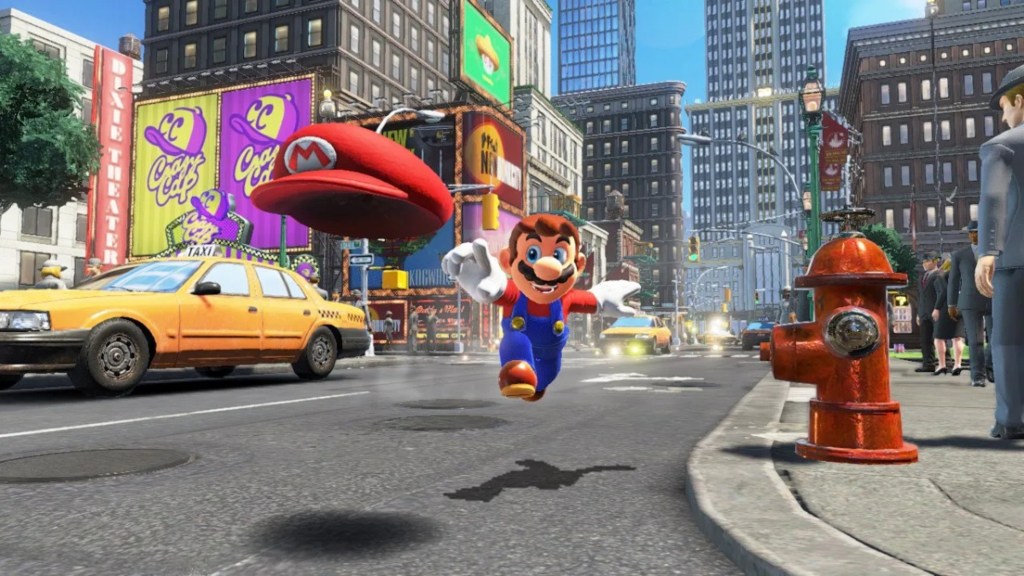 Super Mario Odyssey Hat Throw
Super Mario Odyssey Hat Throw
Despite this, my faith in Nintendo, particularly with the Nintendo Switch 2 looming, remains unshaken. Nintendo’s history of innovation, exemplified by The Legend of Zelda: Breath of the Wild‘s open-world reimagining and the industry-defining impact of Super Mario 64 and The Legend of Zelda: Ocarina of Time, speaks for itself.
Nintendo, known for its meticulous approach to game development, is likely observing Astro Bot‘s success with keen interest. The often-misattributed Miyamoto quote, “A delayed game is eventually good, but a rushed game is forever bad,” holds truth. Fans eagerly await Nintendo’s next 3D Mario installment, hoping it will surpass Astro Bot. The absence of a new Donkey Kong game since 2014’s Donkey Kong Country Tropical Freeze and the lack of a 3D Yoshi game, despite the charm of Yoshi’s Woolly World and Yoshi’s Crafted World, further fuels anticipation.
Even the unexpected arrival of Kirby and the Forgotten Land, a 3D Kirby game that skillfully navigated the character’s unique challenges, showcases Nintendo’s ingenuity.
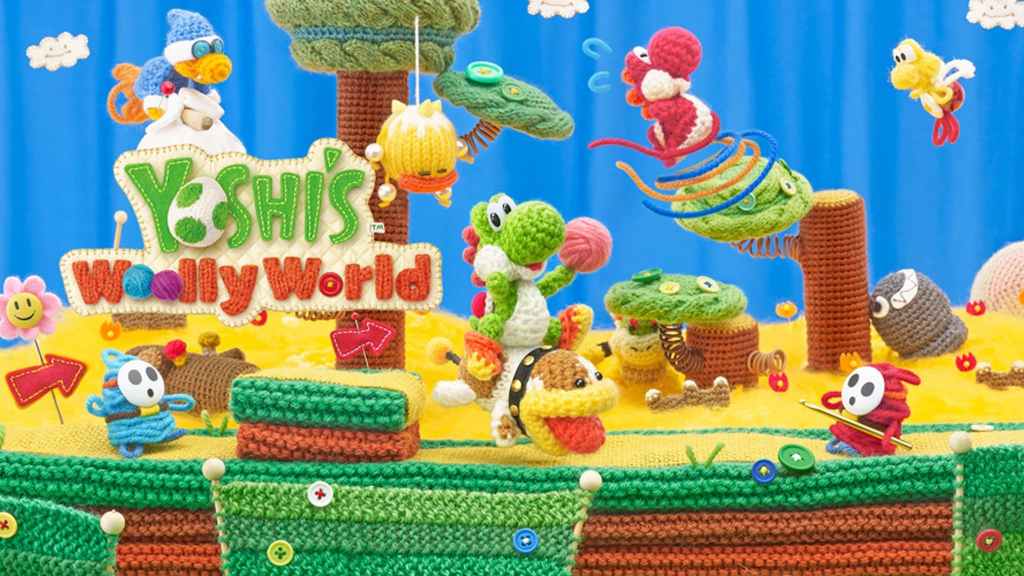 Yoshi's Woolly World Title Screen
Yoshi's Woolly World Title Screen
Nintendo possesses both the characters and the expertise to create unparalleled platformers. Imagine a 3D platformer celebrating Nintendo’s rich history, akin to Team Asobi’s approach. Levels could draw inspiration from The Legend of Zelda, Metroid, Pikmin, Donkey Kong, Splatoon, and countless others, showcasing the diverse art styles and gameplay mechanics within each franchise. The possibilities are vast.
While Astro Bot holds a special place in my gaming history, I’m ready for Nintendo to reclaim the platforming crown. 2025 holds great promise, and I believe Nintendo, whether through Mario or another iconic character, will rise to the challenge and surpass Astro Bot.



